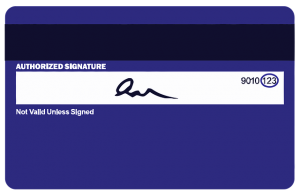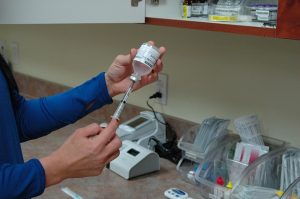 As you approach retirement, you may realize that you haven’t saved enough. Up to one in three adults between 55 and 64 years of age haven’t even started a retirement fund. Before you panic, consider several tips that allow you to boost your IRA savings without compromising your emergency fund or cash reserves.
As you approach retirement, you may realize that you haven’t saved enough. Up to one in three adults between 55 and 64 years of age haven’t even started a retirement fund. Before you panic, consider several tips that allow you to boost your IRA savings without compromising your emergency fund or cash reserves.
Move Savings to Your IRA
Maybe you have an emergency fund or savings account that’s earning minimal interest. As long as you have enough money for emergencies, move some of your savings into your IRA.
Invest Tax Returns
The money you get back from your tax return could do more than pay for a vacation. Invest it into your IRA where it earns interest and grows until you need it.
Withdraw CD Interest
Withdraw money from a CD that hasn’t matured yet, and you’ll incur fees. However, the interest that has accrued typically can be withdrawn without penalty. Use that money to boost your IRA savings.
Access an Annuity
An annuity that’s not associated with a retirement account can become a great way to boost your IRA account. First, check the insurance benefits associated with the annuity and compare fees for the annuity and the IRA. This way, you know for sure that you’re gaining rather than losing money.
Delay Withdrawals
Once you reach 59-1/2 years old, you can take penalty-free withdrawals from your retirement accounts. Consider delaying those withdrawals as you grow your funds for the future.
Reinvest Retirement Funds
If you don’t have a choice and need to take withdrawals, reinvest those funds into your IRA. This savings strategy protects your savings for the future.
Downsize Your Home
While you may not be ready for your retirement home, you may save money by downsizing. Sell your home and rent a condo or apartment. Invest the money from your home sale and the monthly money you save can be invested into your IRA.
Take on a Renter
Selling your home may not be an option, so take on a renter. Invest the rent minus expenses into your retirement fund.
Get a Second Job
The end of your working career is in sight, and getting a second job may be the last thing on your mind. However, you have a vast wealth of experience and can turn your skills, talents and abilities into extra income thanks to a second job.
Saving for retirement now gives you peace of mind, and every little bit helps. Even if you’re close to retiring, you can make some tweaks to your daily spending as you increase your IRA fund. Discuss the details of your retirement with your financial advisor today.














